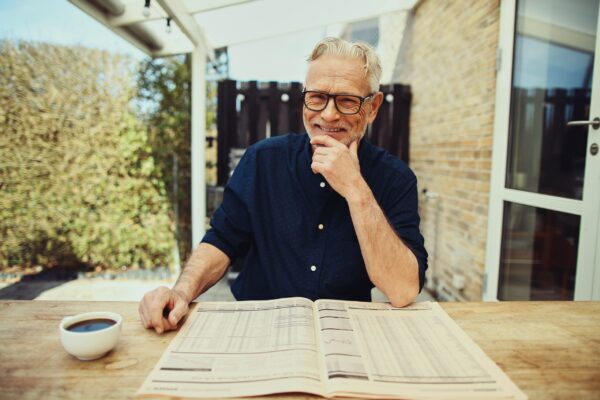The interview is currently unavailable. Below is a detailed biography of the artist. Stay tuned to FigureGround.org — we’ll let you know if the original interview becomes available.
Noam Chomsky’s name has long outgrown disciplinary borders. Some know him as the founder of modern linguistics. Others, as a relentless critic of American foreign policy. Both are true — and still incomplete.
Born in 1928 in Philadelphia to Jewish immigrant parents, Chomsky was reading at three, writing by five, and publishing his first political essay at ten — a reflection on the Spanish Civil War. That early convergence of language and politics? It wasn’t incidental. It just didn’t announce itself all at once.
By the late 1950s, he had already reshaped the field of linguistics. His 1957 book, Syntactic Structures, introduced transformational-generative grammar — a theory that suggested humans are born with a universal grammar hardwired in the brain. Radical at the time. Still contentious.
One former colleague recalled: “He didn’t just offer a model. He broke the entire framework.”
This wasn’t a metaphor. It was infrastructure.
Ideas That Traveled Without a Passport
The shift wasn’t contained to linguistics. By the 1960s, Chomsky’s political voice — cautious, measured, but unmistakably direct — began to gain global attention.
His 1967 essay “The Responsibility of Intellectuals” accused American academics of moral abdication during the Vietnam War. It rattled more than a few departments.
Still, Chomsky never embraced the role of activist. If anything, he resisted it — preferring to point at the structures behind narratives rather than lead movements himself.
A former student once noted: “He didn’t tell us what to think. He just made it impossible not to.”
And maybe that’s the quiet effectiveness of Noam Chomsky’s biography: it models intellectual disobedience as a form of rigor, not performance.
He’d often give lectures without slides, without drama — just an index card and an internal library sharper than most databases.
From MIT to Media Critique
By the 1980s, Chomsky’s attention turned toward media systems. Manufacturing Consent (co-authored with Edward S. Herman) dissected how mainstream press operates within elite power structures.
At first, the book was embraced as media theory. Then dismissed as conspiratorial. Then quietly re-adopted by generations of journalists.
It wasn’t a perfect framework. But it endured — maybe because it didn’t ask to be believed, only tested.
In classrooms, he became infamous for long pauses — the kind that weren’t for effect but because he was recalculating everything mid-sentence.
A quiet moment, around 10:30 during a seminar in 1996, sticks out to one attendee: “He paused after a question about moral relativism and said, simply, ‘I don’t know. Maybe I never did.’”
It wasn’t a resignation. It was proof he was still thinking.
Legacy in Spite of Labels
Linguist. Anarchist. Public intellectual. Anti-imperialist. The labels multiply — but rarely land cleanly.
He has said, more than once, that he’d prefer to be remembered for his work in science. That’s not modesty. It’s structure.
But Noam Chomsky’s biography isn’t just about fields of research — it’s about a style of engagement. One that prizes clarity over charisma, logic over posture.
And still, something else remains. A pattern. His interviews — dozens upon dozens — always begin the same way: quiet, dry, almost awkward. And then, gradually, the precision builds.
Or maybe the opposite is true. Hard to tell now.
Chomsky never demanded belief. Only the willingness to look where we weren’t supposed to. And that — quietly, insistently — might be enough.

